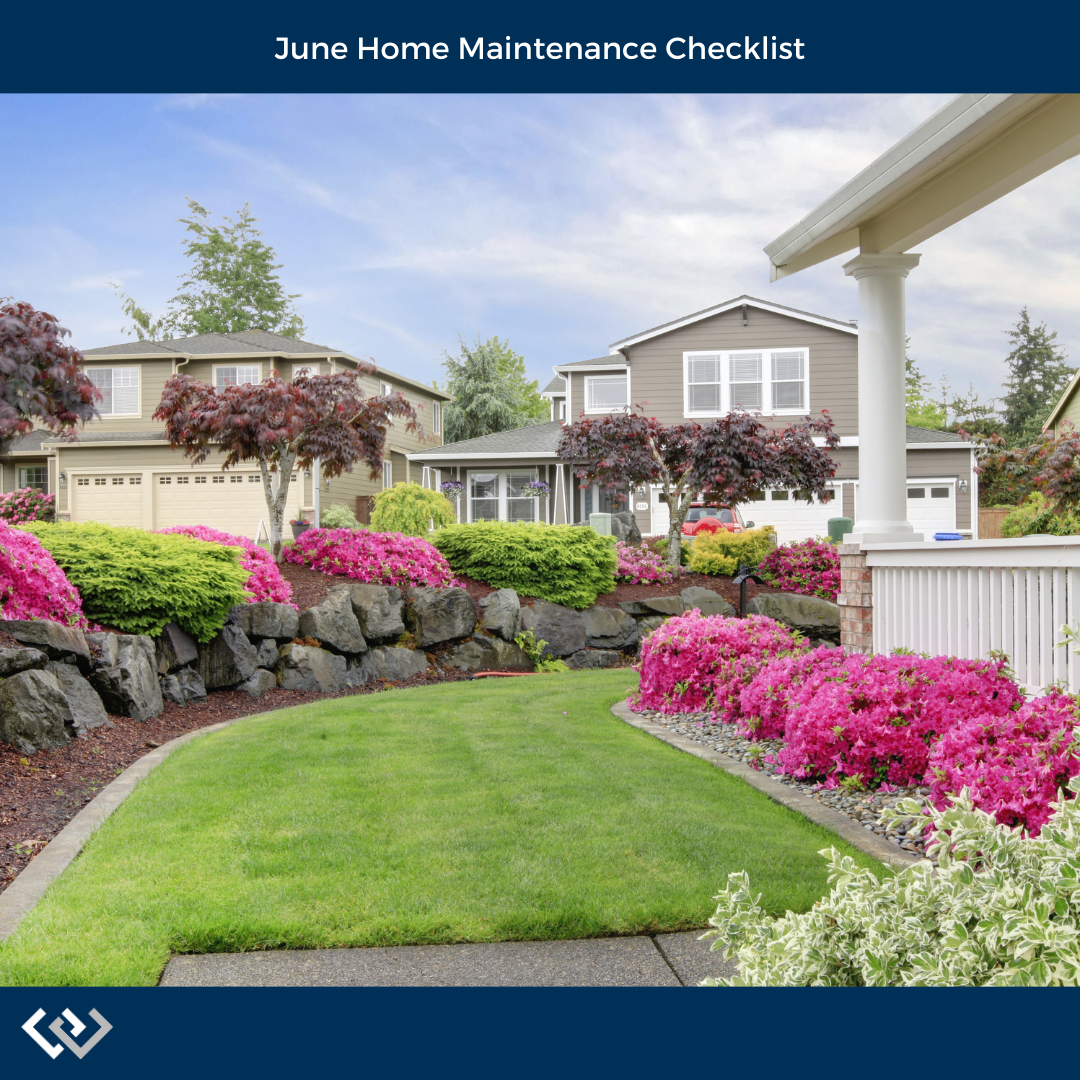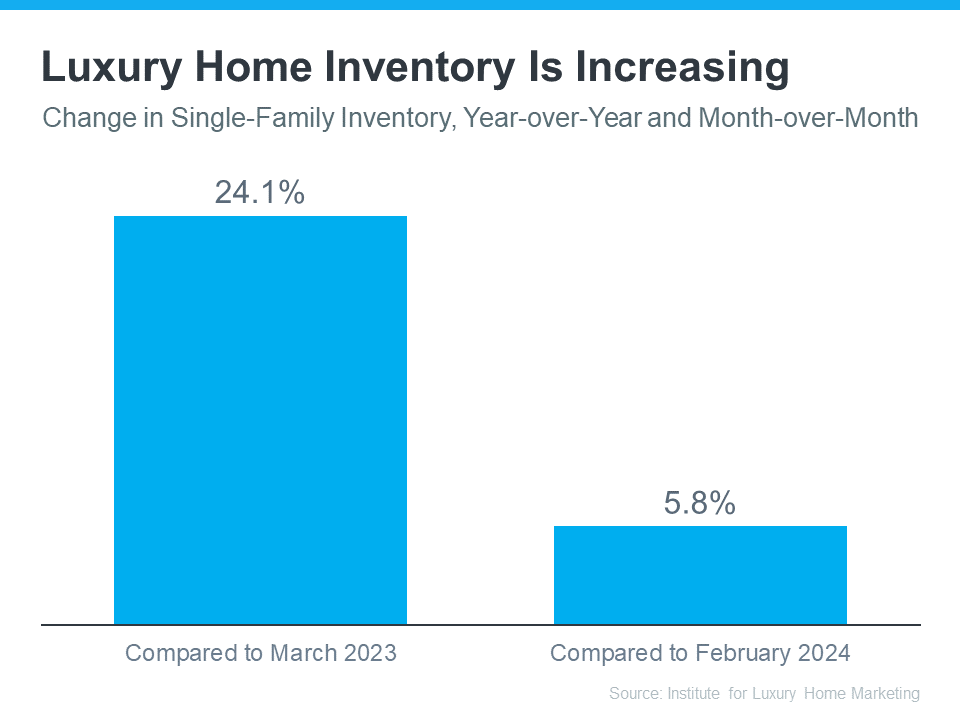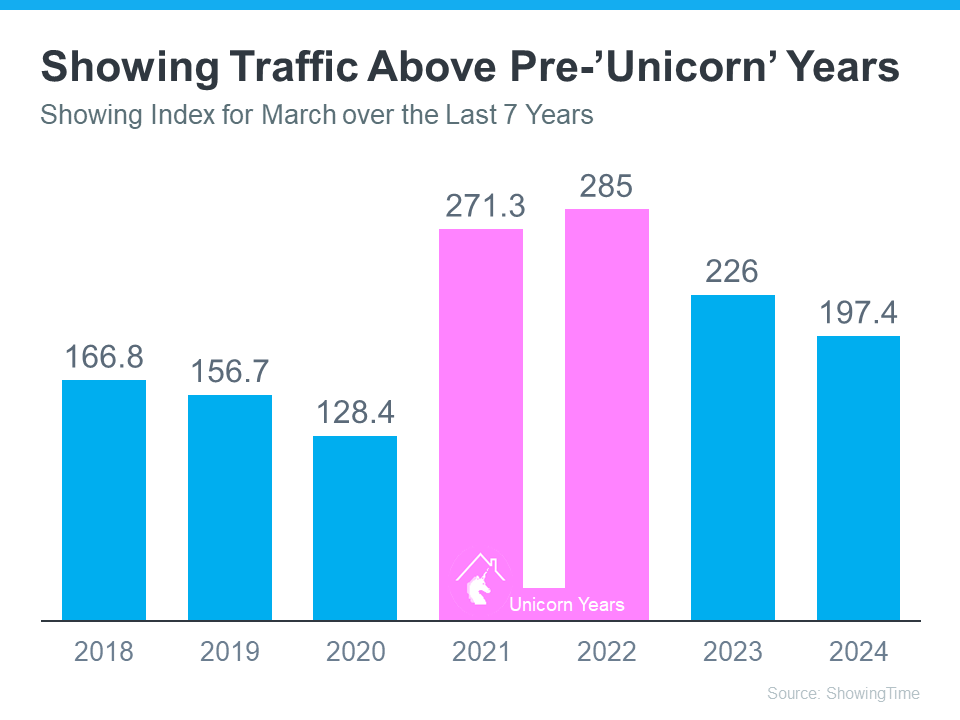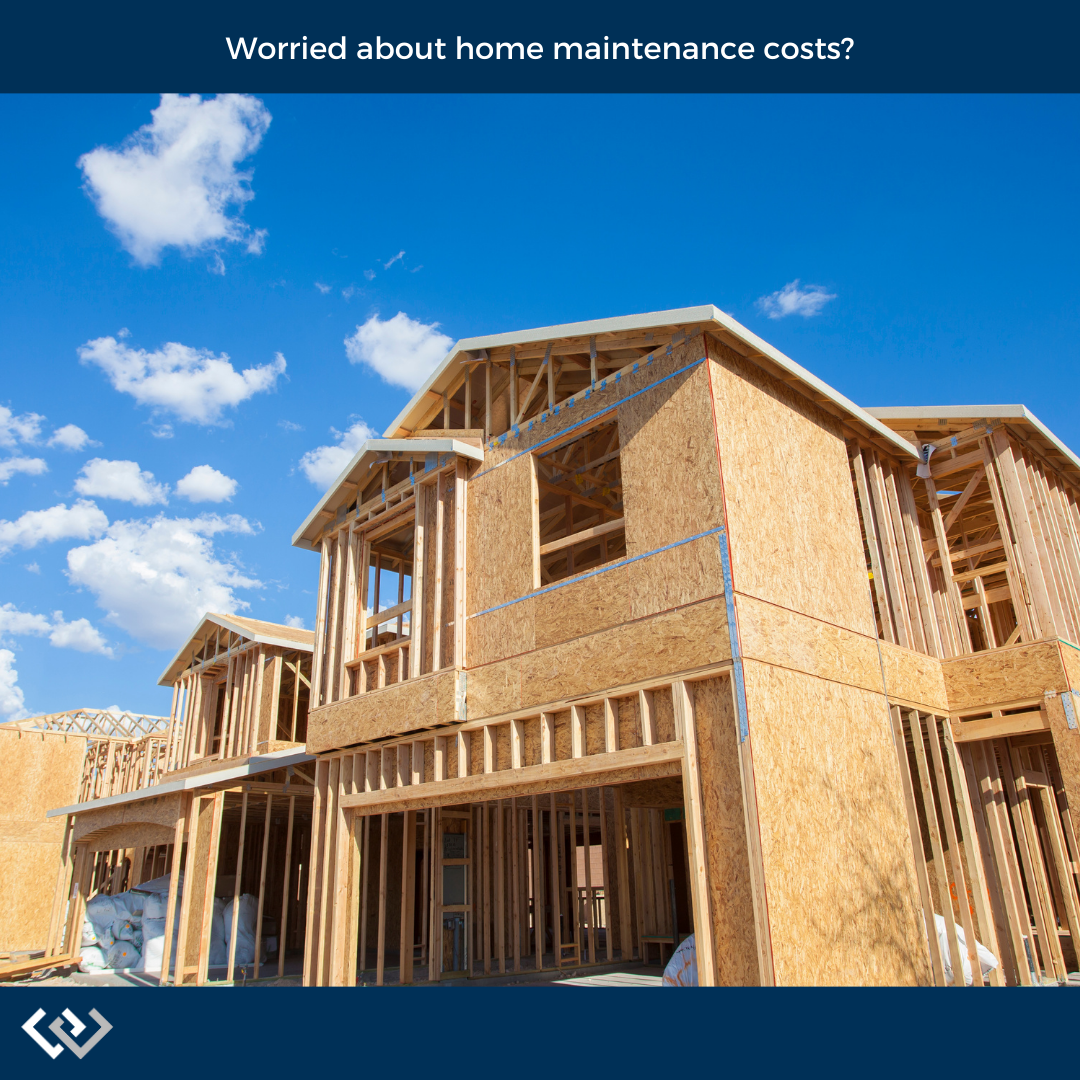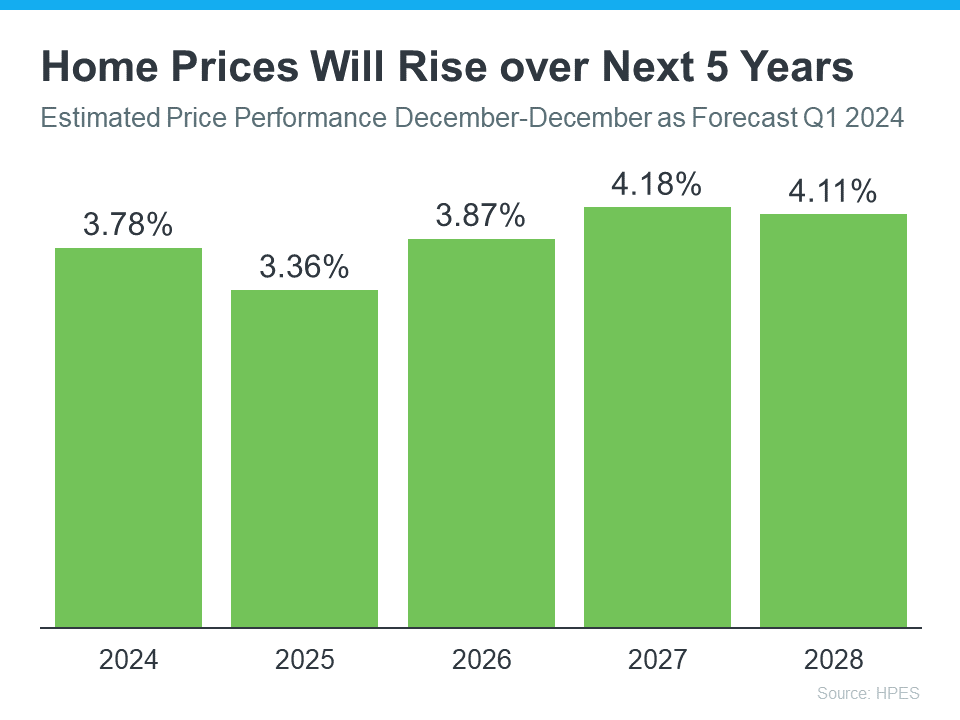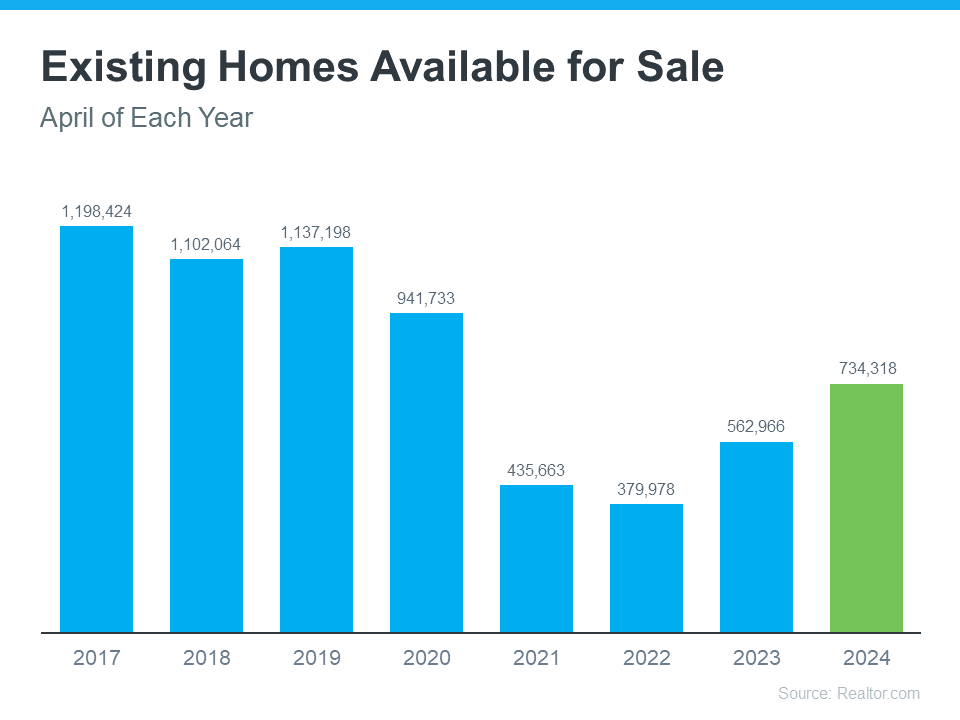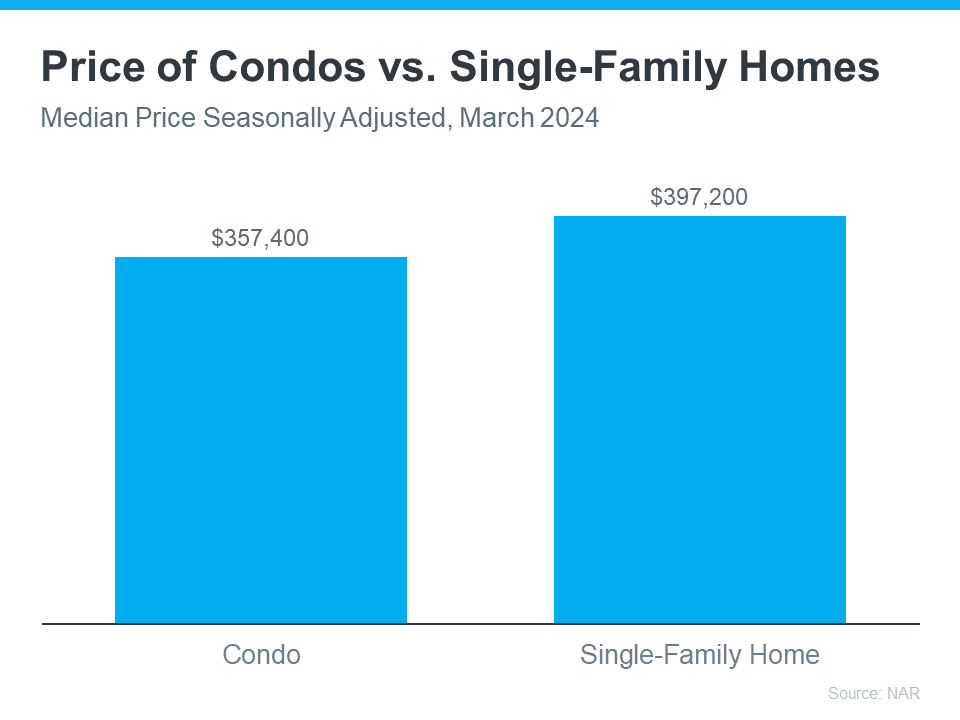As summer kicks into gear, it’s the perfect time to tackle some essential home maintenance tasks.
With longer days and milder weather, why not take advantage of the favorable conditions to make sure your home’s in tip top shape! Here are 10 tasks that are perfect to do in June:
1. Check and Service HVAC Systems
If you have AC, make sure your system is in working order. Replace air filters, clean vents, and consider scheduling a professional service to keep your HVAC system running efficiently.
2. Inspect and Clean Gutters and Downspouts
After some pretty heavy spring rain, your gutters and downspouts might be clogged with debris. Clear them out to prevent water damage and ensure proper drainage away from your home’s foundation.
3. Examine the Roof for Damage
Take advantage of the clear weather to inspect your roof for any signs of damage, such as missing or damaged shingles. Addressing these issues early can prevent costly repairs down the line.
4. Service Lawn and Garden Equipment
Are your lawnmower, trimmers, and other gardening tools are in good working condition? Now’s the time to sharpen blades, change the oil, and replace any worn-out parts to keep your garden looking pristine all summer.
5. Check Carbon Monoxide Detectors
Carbon monoxide is a silent threat, and it’s vital to ensure your detectors are installed and working properly. Test each detector, replace batteries if needed, and install additional units if necessary to cover all living areas.
6. Clean and Inspect Windows and Screens
With more daylight hours, you’ll want to let in as much natural light as possible. Clean your windows inside and out, and check screens for any holes or damage. Repair or replace screens to keep bugs at bay while enjoying fresh air.
7. Pressure Wash Driveways and Walkways
Over time, dirt, grime, and mildew can accumulate on your driveways and walkways. Use a pressure washer to give these areas a thorough clean, enhancing your home’s curb appeal.
8. Inspect Exterior Paint and Siding
Examine the exterior of your home for peeling paint, cracks, or other damage. Touch up or repaint areas as needed to protect your home from the elements and maintain its appearance.
9. Check and Clean Dryer Vents
Lint buildup in dryer vents can pose a fire hazard. Disconnect the dryer, clean the vent thoroughly, and ensure there are no obstructions that could impede airflow.
10. Test Smoke Alarms
Alongside checking your carbon monoxide detectors, test all smoke alarms in your home. Replace batteries if necessary, and ensure each unit is functioning correctly to keep safe.
Keeping up with regular maintenance preserves your property’s value and ensures a safe and comfortable living space.
 Facebook
Facebook
 X
X
 Pinterest
Pinterest
 Copy Link
Copy Link
